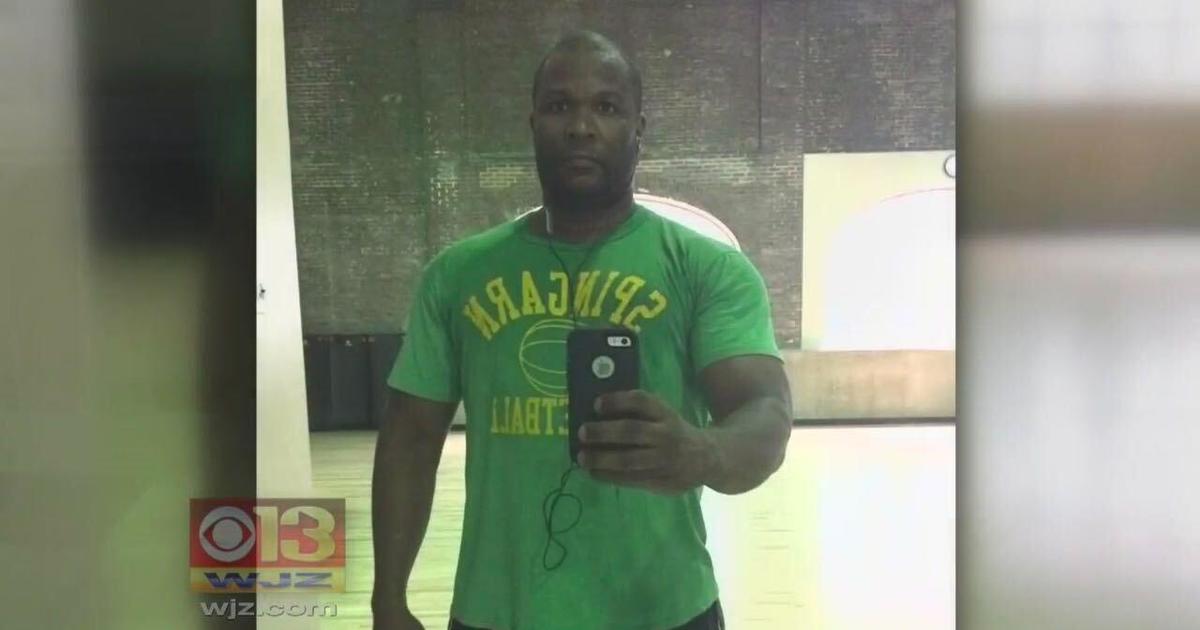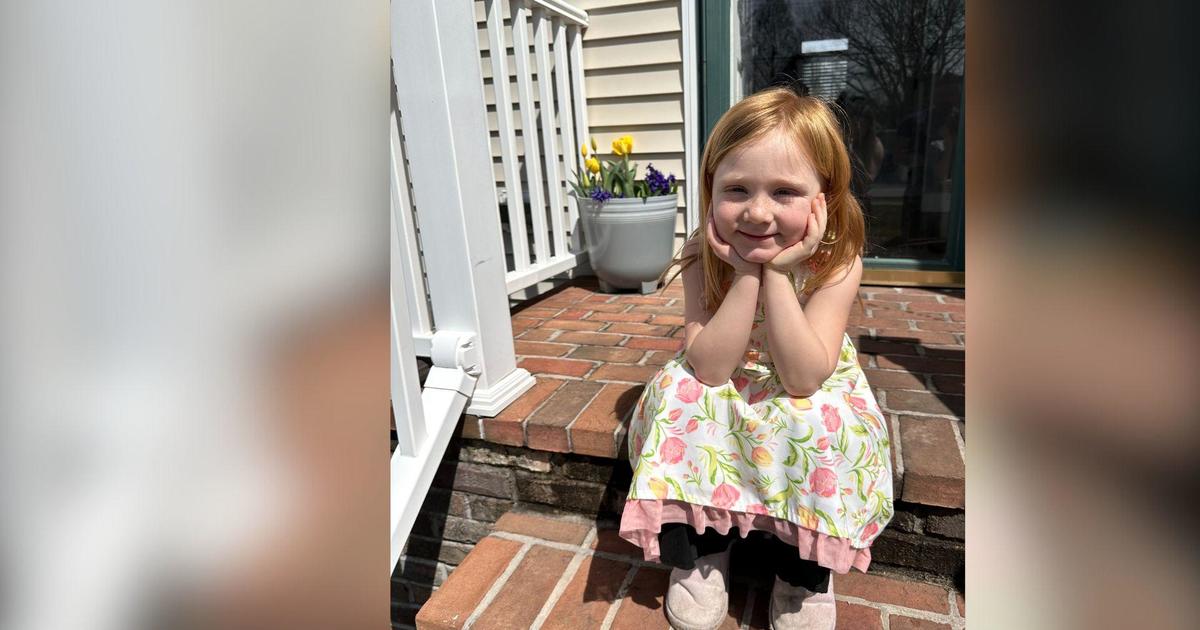Judge Approves Baltimore PD-DOJ Consent Decree, Denies DOJ's Request For Delay
BALTIMORE (WJZ) -- U.S. District Judge James Bredar has approved the consent decree between the Baltimore Police Department and the Department of Justice, denying the federal government's request for a 30-day delay.
Justice Department lawyers had said, under the Trump administration, they believe this is local business and the federal government shouldn't be getting involved. They have "grave concerns" about the agreement, which was reached under President Barack Obama.
"The case is no longer in a phase where any part is unilaterally entitled to reconsider the terms of the settlement; the parties are bound to each other by their prior agreement," according to court documents file on the decision. "The time for negotiating the agreement is over."
With this order, Judge Bredar signed the agreement to reform the Baltimore City Police Department and rejected calls by the Trump administration justice department to delay it.
Bredar wrote, "It would be extraordinary for the court to permit one side to unilaterally amend an agreement already jointly reached and signed."
The Obama administration favored high-profile agreements with cities where the DOJ found widespread police violations of civil rights.
Last year, the Justice Department published a scathing 164-page report outlining widespread abuse including excessive force, unlawful stops and discriminatory practices. The investigation was launched after the April 2015 death of Freddie Gray, a 25-year-old black man whose neck was broken while he was in police custody.
Justice Department lawyers at a hearing Thursday cited Baltimore's high crime numbers, saying they wonder if this consent decree is really in the interest of public safety. DOJ attorney John Gore said Attorney General Jeff Sessions is worried about "whether it will achieve the goals of public safety and law enforcement while at the same time protecting civil rights."
On Friday, in response to the judge's decision, Attorney General Jeff Sessions released the following statement:
"Today, a federal court entered a consent decree that will require the court and a highly-paid monitor to govern every detail of how the Baltimore Police Department functions for the foreseeable future. This decree was negotiated during a rushed process by the previous administration and signed only days before they left office. While the Department of Justice continues to fully support police reform in Baltimore, I have grave concerns that some provisions of this decree will reduce the lawful powers of the police department and result in a less safe city.
Make no mistake, Baltimore is facing a violent crime crisis.
Baltimore has seen a 22 percent increase in violent crime in just the last year. While arrests in the city fell 45 percent based on some of these ill-advised reforms, homicides rose 78 percent and shootings more than doubles. Just in 2017, we've seen homicides are up another 42 percent compared to this time last year. In short, the citizens of Baltimore are plagued by a rash of violent crime that shows no sign of letting up.
The mayor and police chief in Baltimore say they are committed to better policing and that there should be no delay to review this decree, but there are clear departures from many proven principles of good policing that we fear will result in more crime. The citizens of Baltimore deserve to see a real and lasting reduction in the fast-rising violent crime threatening their city.
The Department of Justice stands ready to work with Baltimore to fight violent crime and improve policing in the city."
Baltimore Mayor Catherine Pugh released her own statement after the decree was signed, saying:
"With Judge Bredar's signature on the Baltimore police consent decree, the City of Baltimore will continue to move forward in reforming the Baltimore Police Department and building the bond of trust that must exist between the community and our police officers. Our goal is a stronger police department that fights crime while it serves and protects the civil and constitutional rights of our residents. It will take a collaborative effort among our state and federal partners to achieve our ambitious goals, and I am confident in our mutual commitment to reforms and to the citizens of Baltimore."
"I believe that what we put together was right for Baltimore and certainly right for our police department," says Mayor Pugh.
"Baltimore has been through many crises and Baltimore has always come back," says City Council President Jack Young.
The city initiated the process after the arrest and death of Freddie Gray, and it calls for major changes in the way officers interact with citizens.
Kendra Janella Davis who lives in West Baltimore's Gilmor Homes, says she thinks the agreement will make things better.
"We needed that in the first place."
So can the federal government be dragged into a partnership they now don't want?
"It has the force of law, it has the court behind it. The court has done its job and reviewed the decree and determined that it's fair, adequate, and in the public interest," says Veteran Baltimore attorney Andy Freeman, with Brown Goldstein Levy.
The city attorney said the agreement can't be dissolved. However, the feds could try to starve it of funding.
"We are open to considering whatever issues they may have and those lines of communication are open," says acting city solicitor David Ralph.
Judge Bredar will be watching, writing bluntly in his new order, "There must be effective and constitutional policing in order for the city to thrive."
One of the next big steps is selecting an independent monitor to oversee the process. Baltimore City Police Commissioner Kevin Davis says he's pleased by the judge's decision. He believes it will accelerate reforms.
Follow @CBSBaltimore on Twitter and like WJZ-TV | CBS Baltimore on Facebook



